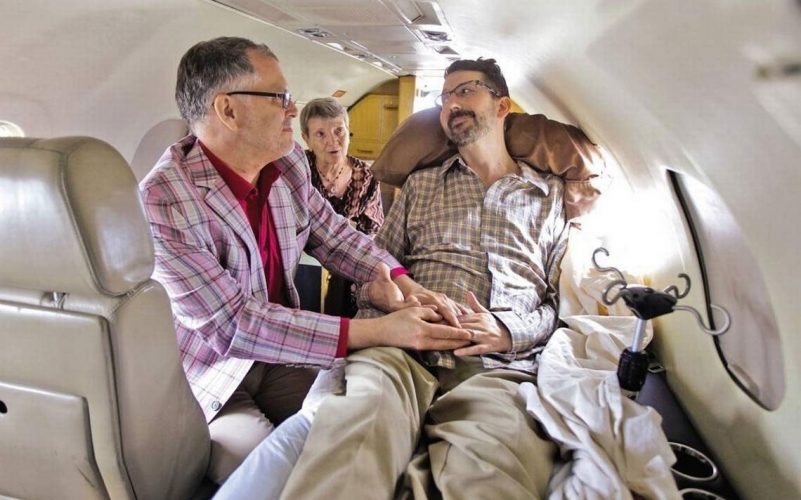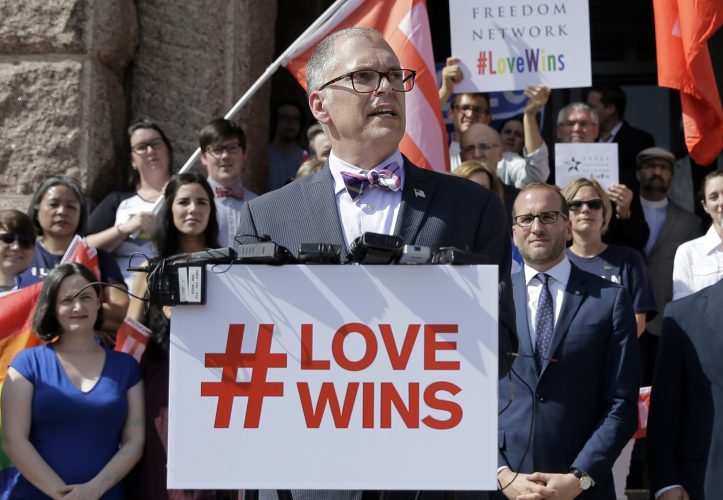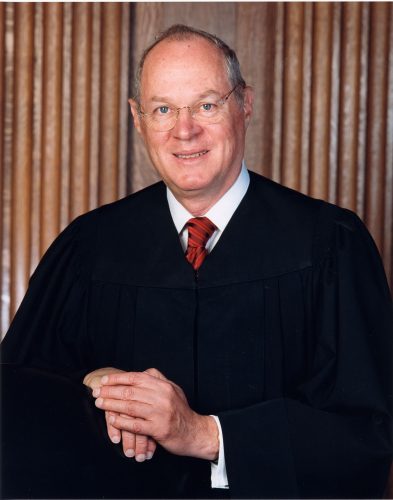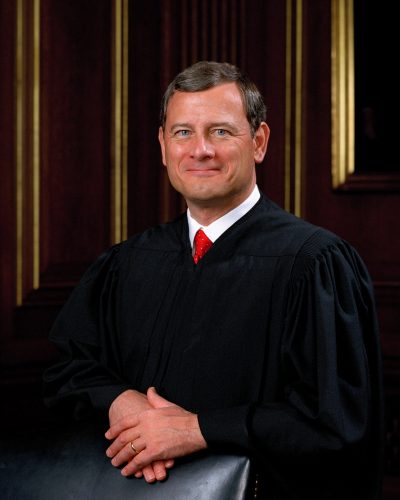In a moment that would have been unimaginable 50 years ago—when a handful of protestors demonstrated for gay rights in front of Independence Hall—the Supreme Court ruled in 2015 on the legality of marriage between same-sex couples.
On June 26, 2015, the U.S. Supreme Court held, in Obergefell v. Hodges, that the Equal Protection and Due Process Clauses of the 14th Amendment require every state to allow same-sex couples to marry and to recognize same-sex marriages performed in other states.



